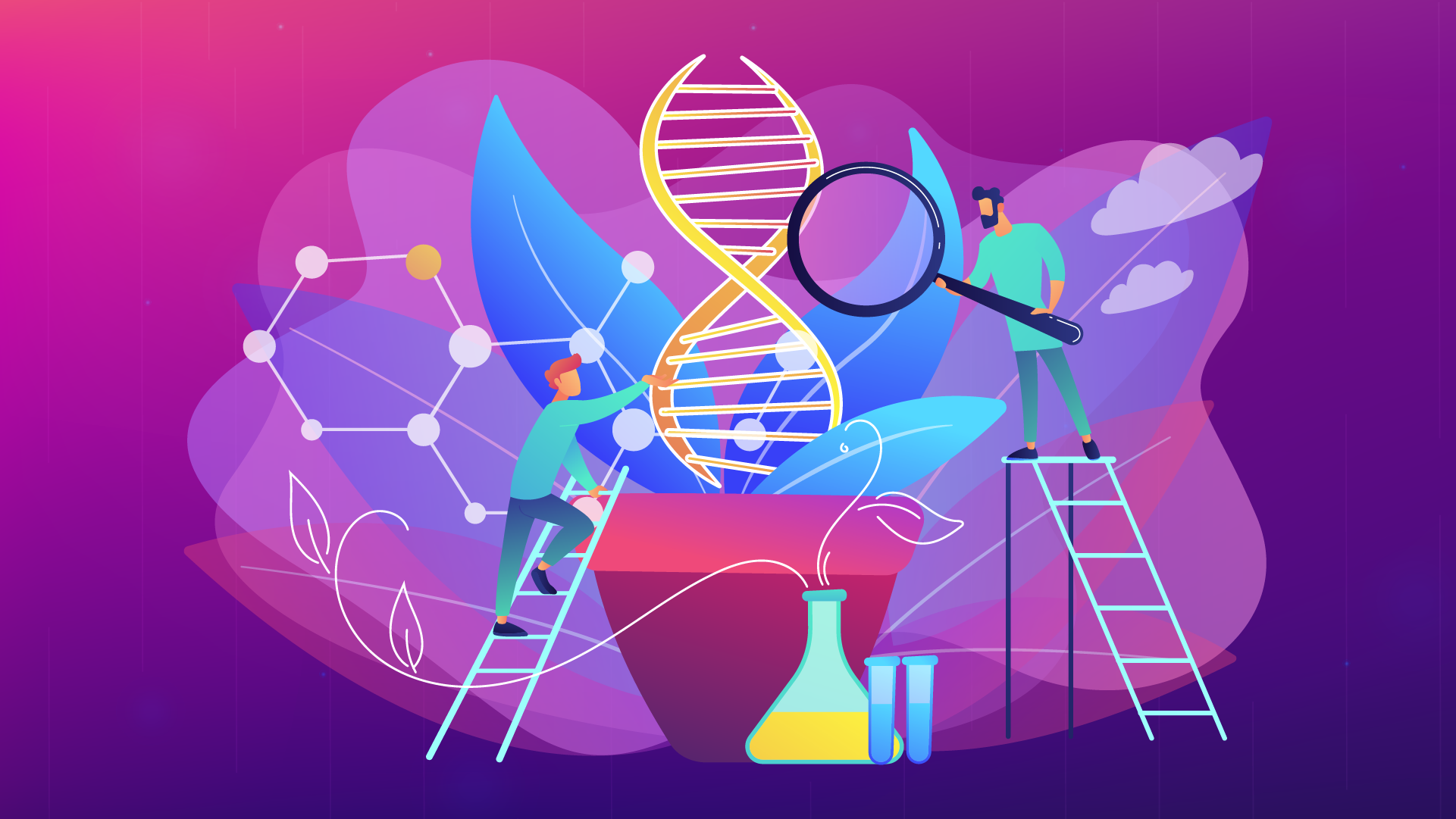
Six years after 1949, von Neumann wrote Can We Survive Technology? [1]. Because “the environment in which technological progress must occur has become both undersized and underorganized,” the best hope for the future, he thought, was a succession of more-or-less technical fixes to patch over the contradictions between the growing power of our technology, and our lack of a world government. Seventy years later, our environment is still just one world: undersized, arguably [2]. No world government, either. Yet we have near-universal literacy; affordable, global jet travel; life expectancy is up from 40-something to 72; and people are happier, too [3]! A pessimist would say a chain of technical fixes will have a weak link. Could it be the electric grid? Artificial nitrogen fixation, without which our numbers would halve? (Snap!) The optimist points to prehistory – we have been tamed over evolutionary time by our technology – our problems are not new [4].
What is new is the rate of change. But, relative to other manmade problems, is climate change over many decades fast enough to stress us? Decades is long enough to build a dike (or move a building). It’s long enough to train an engineer. Long enough for economic growth to blunt suffering. Long enough, perhaps, for some new insight into our own nature to spread (like Locke’s ideas, or Darwin’s ideas) … giving us common assumptions that could align our actions without world government? One thing’s for sure: Phoenix is not moving. $1 trillion (the value of real estate in Phoenix metro area) buys a lot of desalination plants … or geoengineering planes [5]. But, von Neumann wrote, “After global climate control becomes possible, perhaps all our present involvements will seem simple” [1]. The details were filled in later, by one of von Neumann’s collaborators [6].
von Neumann wrote “For progress there is no cure,” but today it seems easy to regulate science. Is that an illusion? Over decades, does technology interpret regulation as damage and route around it? (Does technology “want” anything? Does capital?) In what ways does our culture—on the surface, very open to better technology—shut down or sideline paths of inquiry that could change the future? Are there any truly nonreligious arguments for limits on biotechnology? What would unlimited biotechnology even look like [7]? What limits biological carbon uptake [8]? Freeman Dyson, writing about horizontal gene transfer: “[S]pecies other than our own will no longer exist” [9]. We are in charge, whatever we choose: human actions dominate Earth’s flows of carbon, nitrogen, phosphorous, river water, even sediment.
Was von Neumann right?
Can you do better than von Neumann?
Notes: [1] http://geosci.uchicago.edu/~kite/doc/von_Neumann_1955.pdf. [2] Mars is inhabited solely by robots. [3] https://ourworldindata.org/ ; https:// ourworldindata.org/happiness-and-life-satisfaction [4] Richard Wrangham, The Goodness Paradox, Pantheon, 2019. [5] Oliver Morton, The Planet Remade, Princeton University Press, 2015. [6] UCRL-JC-128715. [7] George Church & Ed Regis, Regenesis, Basic Books, 2014. [8] Will quantum computing allow de novo design of a replacement for the remarkably inefficient protein RuBisCO? What if it did? [9] Freeman Dyson, Dreams of Earth and Sky, New York Review Books, 2015.

